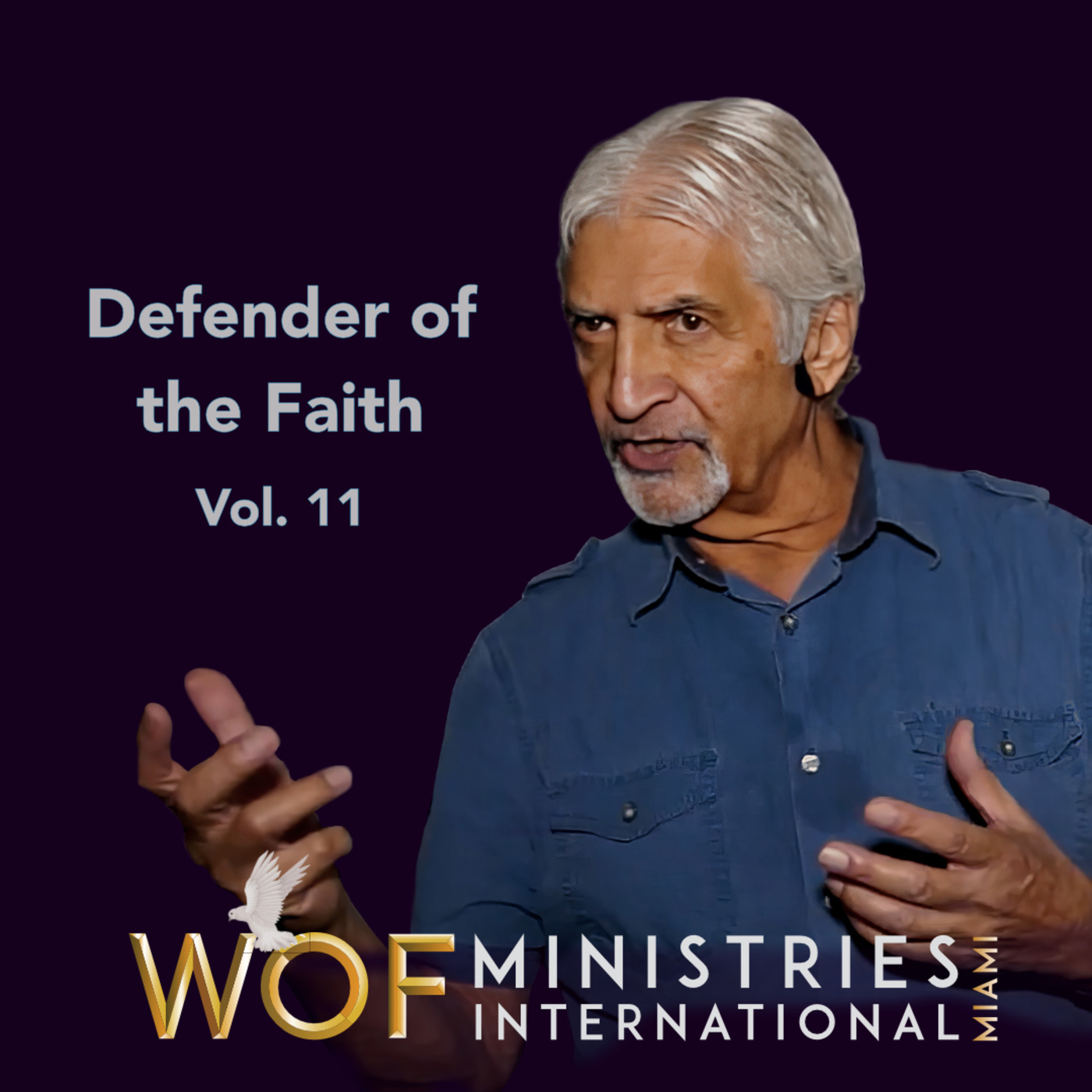Episode 11: Defender of the Faith - Vol. 11 | By Dr. Bern Zumpano
- Author
- Word Of Faith Ministries International Miami
- Published
- Mon 01 Sep 2025
- Episode Link
- https://www.podomatic.com/podcasts/wordoffaithministriesinternationalmiami/episodes/2025-08-31T22_00_00-07_00
For information, books or if you would like to make a love donation, please visit us at https://www.walkinginpower.orgCondensed Summary of the Critique of MormonismThis text presents a strong critique of Mormonism (the Church of Jesus Christ of Latter-day Saints), arguing that it is not a Christian denomination but a cult that distorts the gospel. The critique highlights several key issues: the origins of the movement, its scriptures and prophets, its teaching on Jesus Christ, its doctrine of salvation, and its ultimate goal of exaltation.Origins and AuthorityMormonism began in the 1800s with Joseph Smith, who claimed revelations restoring the “true church.” The Book of Mormon, Doctrine and Covenants, and Pearl of Great Price, along with later prophetic teachings, are treated as scripture. The critique argues that this undermines sola scriptura by elevating human words above the Bible. Because LDS leaders hold ongoing prophetic authority, doctrine can shift with new revelations, creating instability and contradicting God’s unchanging Word.The LDS Jesus vs. the Biblical JesusMormonism teaches that Jesus is the firstborn spirit child of Heavenly Father and Heavenly Mother, making Him a created being and the spirit brother of Lucifer. This stands in sharp contrast to biblical teaching that Jesus is the eternal, uncreated Son of God, fully divine and equal with the Father. The critique warns that the LDS view diminishes Christ’s uniqueness and undermines the sufficiency of His atonement.Salvation and WorksA central concern is Mormonism’s doctrine of salvation. While claiming belief in grace, LDS theology redefines it as divine power enabling obedience. In practice, salvation requires faith plus works—keeping commandments, temple ordinances, and moral performance. This, the critique argues, denies biblical justification by faith alone (Romans 3:28; Ephesians 2:8–9). Instead of resting in Christ’s finished work, Mormons are left uncertain, striving to prove themselves worthy.Exaltation and the AfterlifeDistinctive to Mormonism is the doctrine of exaltation: faithful Mormons may become gods, ruling over their own creations. The critique condemns this as a revival of the serpent’s lie in Genesis 3:5 (“you will be like God”). Scripture affirms that God alone is eternal and sovereign (Isaiah 43:10), and humanity is called to worship Him, not to pursue godhood.Prophets and Continuing RevelationThe LDS Church claims to be led by a living prophet whose revelations guide the church. This places ultimate authority in human leaders rather than Scripture, leading to doctrinal contradictions over time (such as reversals on polygamy or race-based priesthood restrictions). Such changes reveal the instability of a faith grounded in human authority rather than God’s Word.ConclusionThe critique acknowledges the sincerity of many Mormons but insists that zeal without truth cannot save. Mormonism presents a counterfeit gospel—adding to Scripture, diminishing Christ, and making salvation dependent on human works. Biblical Christianity proclaims salvation by grace alone, through faith alone, in Christ alone. For this reason, the text concludes that Mormonism is not Christianity but a cult, and calls Christians to bring the true gospel of grace to those within it.
